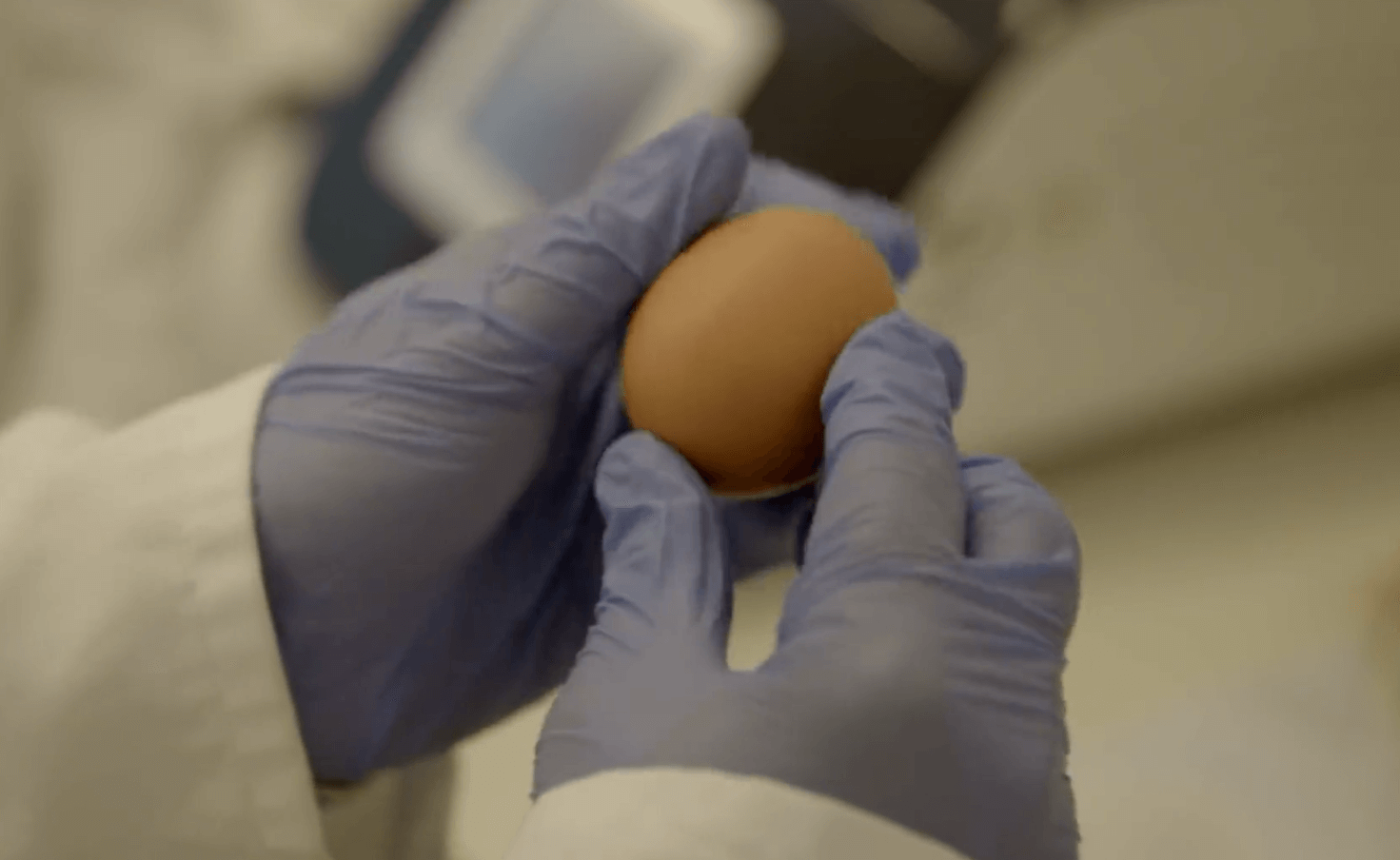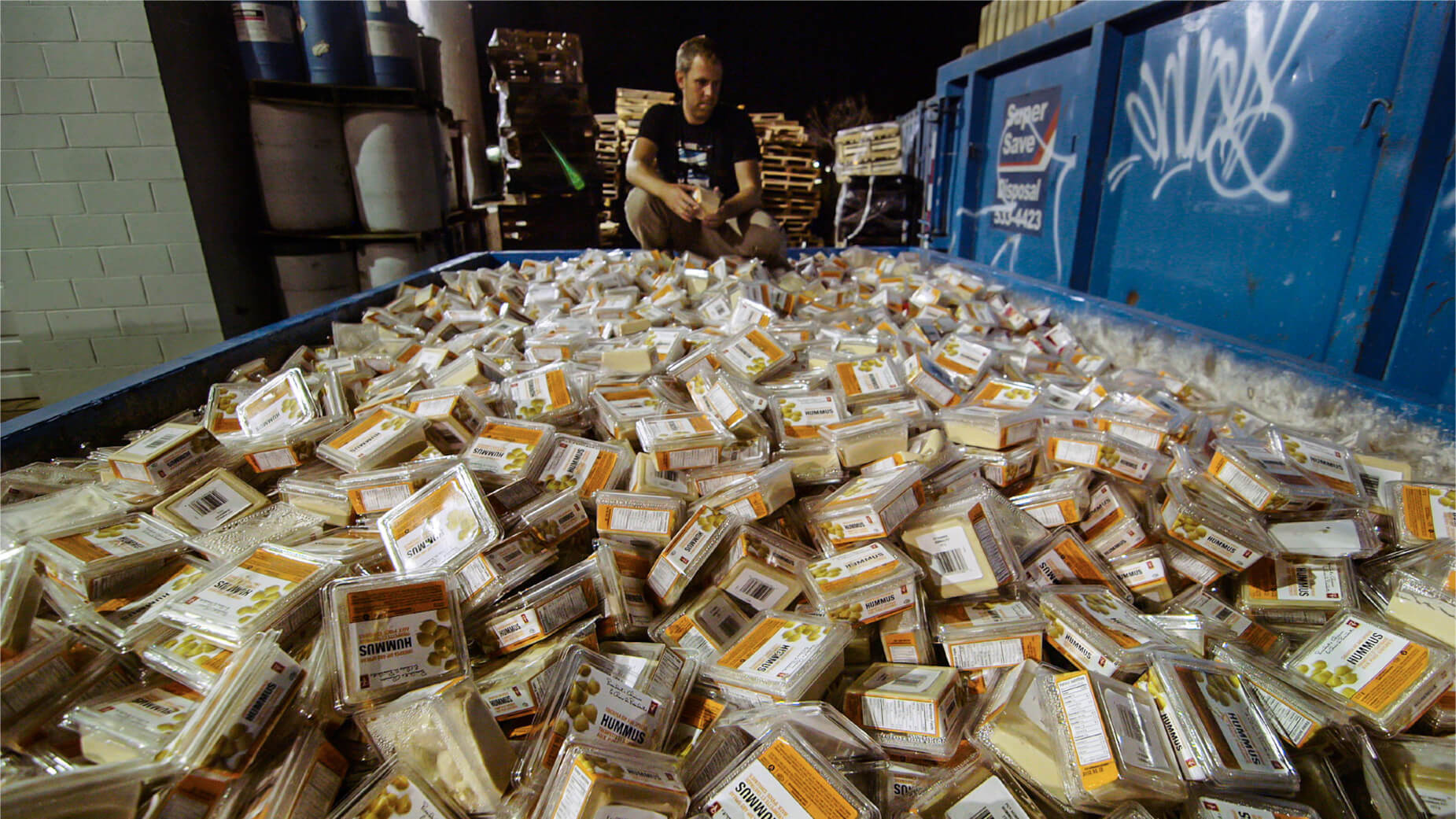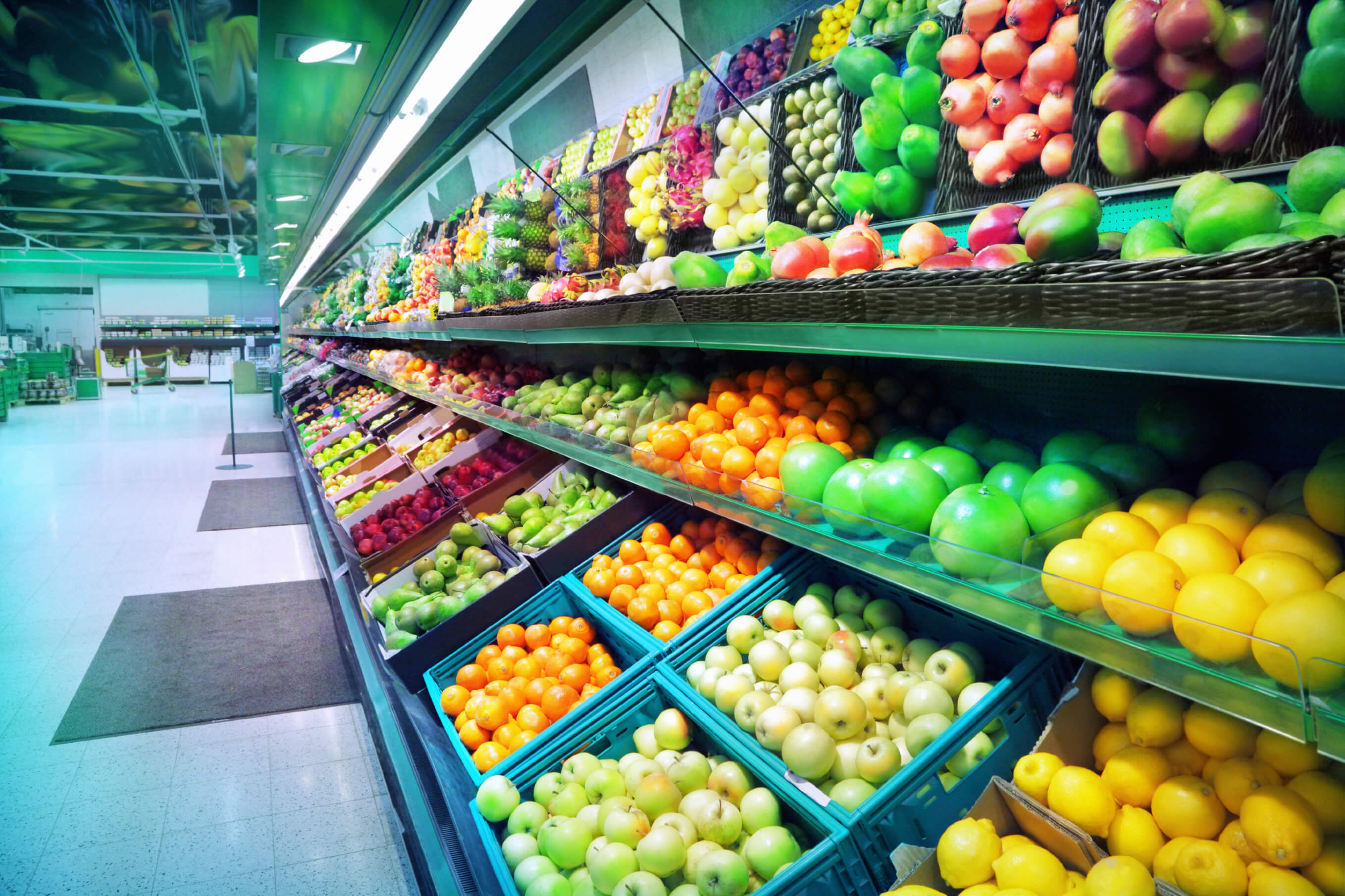description:
There is growing demand in the western world for organic food. But do consumers always get what it says on the label? How can authenticity be verified? Is organic food automatically healthier? Consumers are prepared to pay a significant premium for it. There are currently, however, no reliable tests for distinguishing organic from conventionally produced food. Farmers need to invest a great deal of time, energy and money to qualify as a producer of organic food. There is no proof, however, that organic food actually contains fewer contaminants than conventionally farmed products. There is no such thing as pollution-free food, and there are currently no tests available for reliably distinguishing between organic and non-organic food. That opens doors for lucrative labeling fraud, which in turn explains why there are far more organic eggs on the market at Easter than at any other time of the year. The statistics clearly suggest manipulation, but it is hard to obtain evidence due to the differences between the two production processes appearing to have little effect on the quality of the product. Irish dairy farmers, for instance, are not allowed to label their milk “organic” because the pasture land where their herds spend more than 300 days a year are treated with mineral fertilizers.
Because cows are themselves bioreactors, however, the milk they yield contains no trace at all of fertilizer. On average, conventional Irish milk contains more omega 3 fatty acids and antioxidants than organic milk from Germany. The reason is the fodder; German organic farms may use only concentrates and silage as supplementary feed to increase milk output – which impacts negatively on the quality of the milk. This documentary looks at researchers who are studying potential ways of reliably distinguishing between organic and conventionally produced food. And that is no easy task. Nearly every foodstuff requires a specific test. But one thing is certain: organic farming makes a major contribution to human welfare – by helping to mitigate climate change, protect the groundwater, conserve nature and promote animal welfare.










